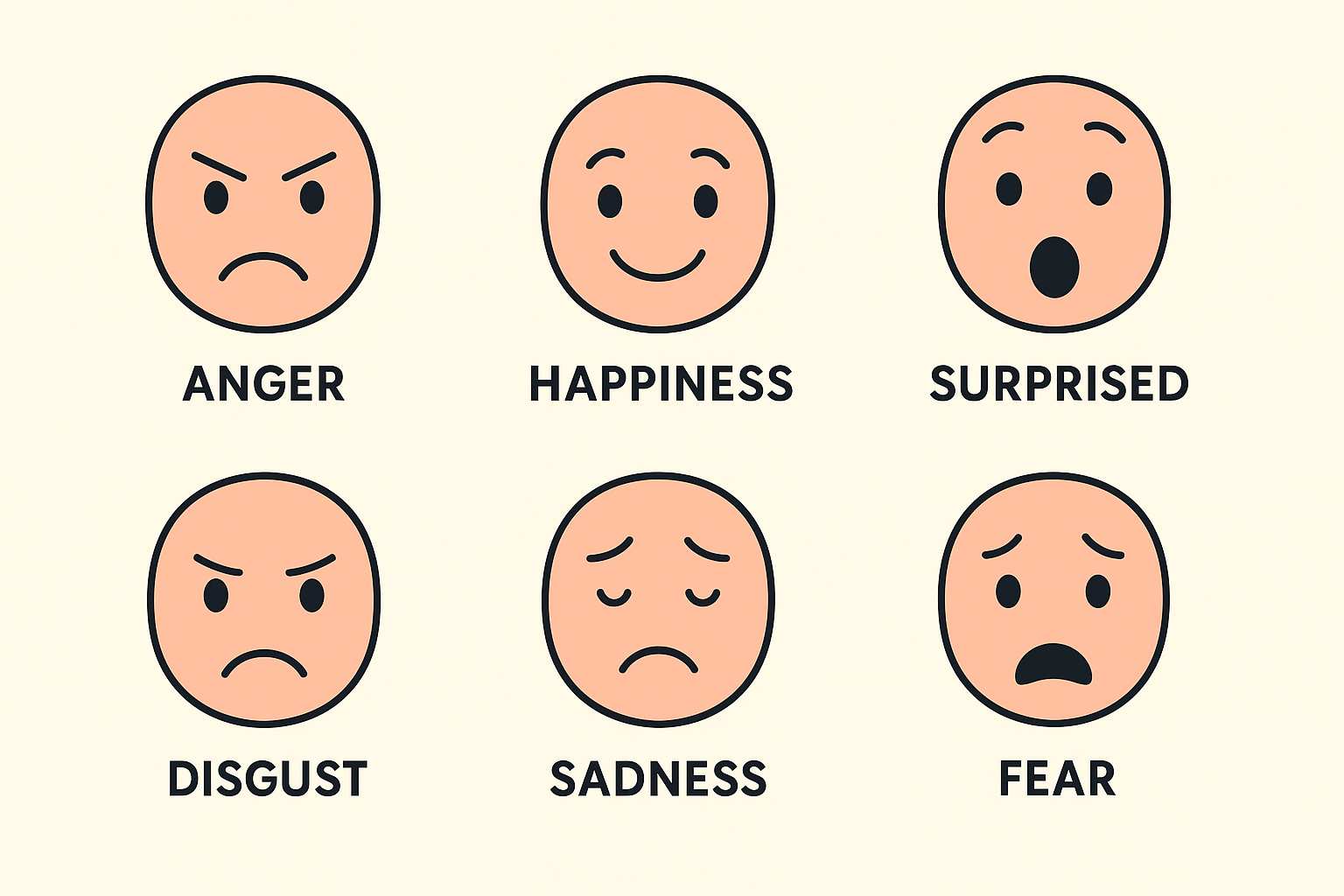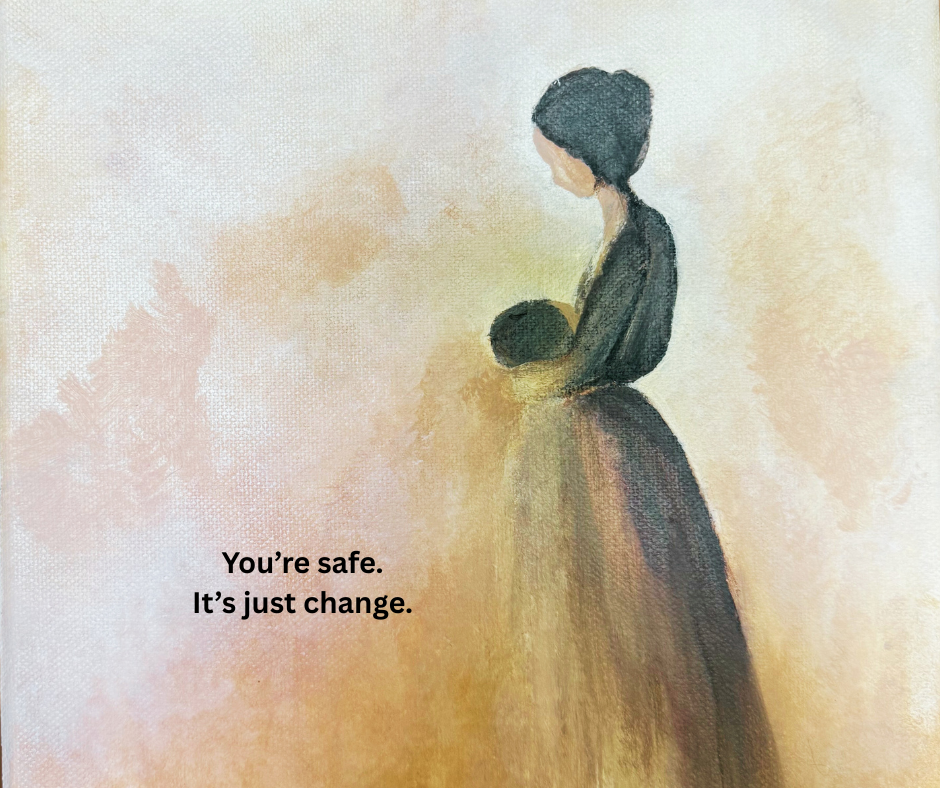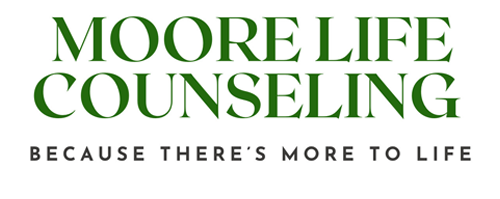What the Heck is DBT? Why these skills just make sense.
What the heck is DBT? Why These Skills Just Make Sense
This past week, we launched our
DBT Skills Training Group in West Des Moines here at Moore Life Counseling. It was wonderful to welcome participants and begin this journey of learning skills to manage emotions, improve relationships, and build a life worth living.
What is DBT?
DBT, or Dialectical Behavior Therapy , was developed by Dr. Marsha Linehan as an evidence-based treatment for people struggling with intense emotions, anxiety, depression, and relationship challenges. At its core, DBT is about balance — holding two truths at once, even when they feel opposite.
(If you’re new to DBT, watch this short video by Dr. Linehan and check out my blog post: What the Heck is DBT?).
https://youtu.be/9ljzoPktJ4Q?si=TSD4KZh3gCIjzIpM
DBT Assumptions: A New Perspective
During orientation, we reviewed the DBT Assumptions, which serve as guiding principles for therapy:
- People are doing the best they can.
- People want to improve.
- People need to do better, try harder, and be more motivated to change.
- People may not have caused all their own problems, but they must solve them anyway.
- New behaviors must be learned in all relevant contexts.
- All behaviors (actions, thoughts, emotions) are caused.
- Figuring out and changing the causes of behavior works better than judging and blaming.
Group members reflected on the impact of growing up in invalidating environments and how those experiences still affect them today. Together, we processed how DBT assumptions can shift our perspective — helping us replace judgment with self-compassion while still encouraging growth.
Bio-Social Theory: Why Emotions Feel Intense
We also explored the bio-social theory of DBT, which explains how biology and environment interact to make emotions stronger and harder to manage. Here’s a short video overview.
https://youtu.be/QC8Y0Scg1S8?si=iUn4_qti7_VMglI2
Homework & Resources for Building DBT Skills
Each participant left with tools to practice between sessions, including a Diary Card and a Life Vision worksheet to guide focus and motivation. For those who want more resources, I recommend:
- The Skillful Podcast (Episode 38: “What the Heck is Dialectics”)
- DBT and Me (Episode 79: “Recovering From Invalidation”)
- Building a Life Worth Living by Marsha Linehan
- The DBT Skills Workbook by McKay, Wood, & Brantley
Next Session: Mindfulness Skills
Next week, our DBT group will focus on Mindfulness Skills — the foundation of all DBT modules. Mindfulness helps clients manage anxiety, reduce emotional reactivity, and stay grounded in the present moment.
If you’re curious about joining DBT skills training in West Des Moines, Iowa, or want to learn how DBT can help with anxiety, depression, trauma recovery, or relationship stress, we’d love to connect with you.
👉 Follow us on Facebook for weekly DBT tips and encouragement: Moore Life Counseling on Facebook. https://www.facebook.com/profile.php?id=61551536545802
👉 Explore our website for more resources: www.moorelifecc.com.
✨ Skillfully,
Cheryl
Moore Life Counseling – West Des Moines, Iowa






Share On: